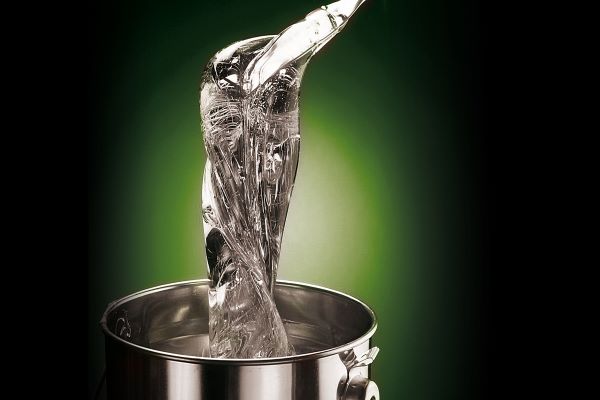BASF achieves a cradle-to-gate product carbon footprint (PCF) of zero for acResin by applying its biomass balance (BMB) approach and using renewable feedstock

Our high-performance UV acrylic hotmelt acResin is now available with a cradle-to-gate product carbon footprint (PCF) of zero.
BASF is now offering its UV acrylic hotmelt acResin with a cradle-to-gate product carbon footprint (PCF)1 of zero kg CO2e/kg2.
The new products acResin ZeroPCF A 260 UV, A 250 UV and A 204 UV are identical in quality and properties to their conventional counterparts.
The carbon footprint of acResin LowPCF UV 3532 has been reduced by more than 80%. The PCFs of BASF’s BMB products are calculated according to the new “Together for Sustainability” (TfS) guideline and comply with ISO 14067:2018.2 All of these products are manufactured at BASF’s integrated production site in Ludwigshafen, Germany, and sold worldwide.
The outstanding sustainability profile of acResin is made possible by the BMB approach. This was developed for complex production systems like those found at BASF. Instead of fossil feedstock (e.g., naphtha and natural gas), equivalent quantities of certified renewable feedstock are fed into the system at an early stage of acResin production.
“We’re especially satisfied with this accomplishment because it helps the adhesives industry cut carbon emissions while retaining the outstanding performance of acResin,” explains Prof. Dr. Thomas Schiele, Vice President Adhesives, Fiberbonding & Paper Coating Chemicals EMEA at BASF. “Furthermore, by adding acResin ZeroPCF to our portfolio, we have expanded our sustainable product range for a more circular economy.”
Subscribe to our newsletter & stay updated.